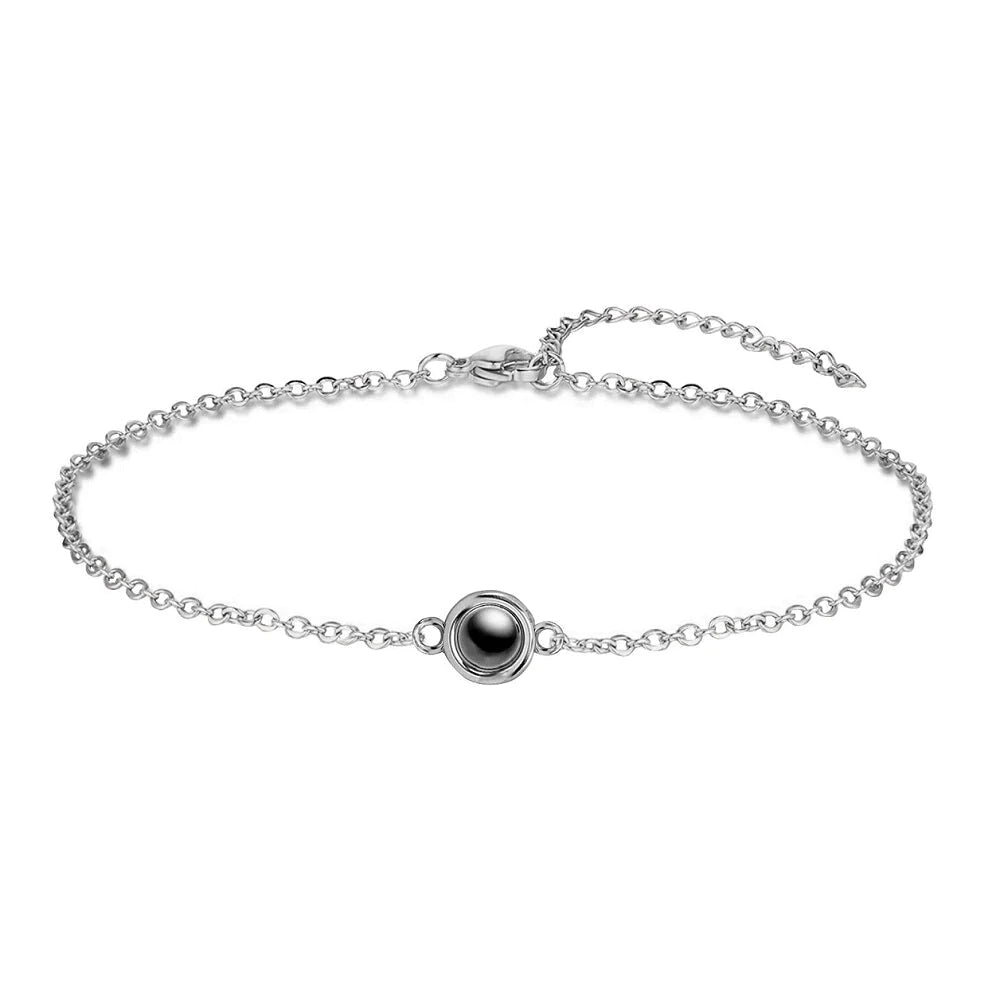Understanding Grief and Anxiety
Experiencing anxiety after a loss is a common, though often deeply unsettling, response. Whether the loss is of a loved one, a job, or a significant life change, it can trigger a wide range of emotional reactions. Understanding that grief and anxiety are normal can be the first step towards healing.
Recognizing Symptoms of Anxiety in Grief
Anxiety following a loss can manifest in various ways. Some common symptoms include:
- Excessive worrying or fear
- Feeling agitated or restless
- Difficulty concentrating
- Disruptions in sleep patterns
- Increased irritability
- Physical symptoms such as headaches or nausea
Strategies for Managing Anxiety After a Loss
Finding effective coping strategies is essential for managing anxiety associated with grief. Here are several methods to consider:
Stay Connected with Others
Maintaining social connections can provide emotional support and reduce feelings of isolation. Engage with friends, family, or support groups who understand what you are going through and can offer companionship and support.
Maintain a Routine
Keeping a regular schedule can provide a sense of normalcy. Try to maintain simple daily routines such as meal times, walking, or bedtime rituals to help stabilize your day.
Mindfulness and Relaxation Techniques
Practices such as meditation, deep-breathing exercises, or yoga can help alleviate physical and emotional tension. These activities encourage a focus on the present moment and can provide a respite from ongoing anxiety.
Seek Professional Help
If anxiety becomes overwhelming, it may be beneficial to speak with a mental health professional. Therapies like cognitive-behavioral therapy (CBT) are particularly effective in treating anxiety disorders. Additionally, grief counseling or therapy groups can offer targeted support for those dealing with loss.
Healthy Lifestyle Choices
Adopting healthy habits can enhance your overall well-being and help manage anxiety:
Regular Exercise
Physical activity can significantly reduce symptoms of anxiety. Activities like walking, running, or swimming can boost endorphins and provide a healthy outlet for stress.
Proper Nutrition
Eating a balanced diet can affect your mood and energy levels. Focus on whole foods, such as fruits, vegetables, whole grains, and lean proteins to support your health during stressful times.
Adequate Sleep
Loss can disrupt your sleep patterns, which can exacerbate anxiety. Try to establish a calming bedtime routine and create a comfortable sleep environment to improve sleep quality.
Conclusion
While anxiety following a loss is challenging, it is possible to manage and alleviate it through proactive measures. By understanding the nature of your anxiety, staying connected with others, employing relaxation techniques, and maintaining a healthy lifestyle, you can navigate your journey through grief with greater ease and resilience. Remember, seeking professional help is a sign of strength and an important step towards recovery.
```


